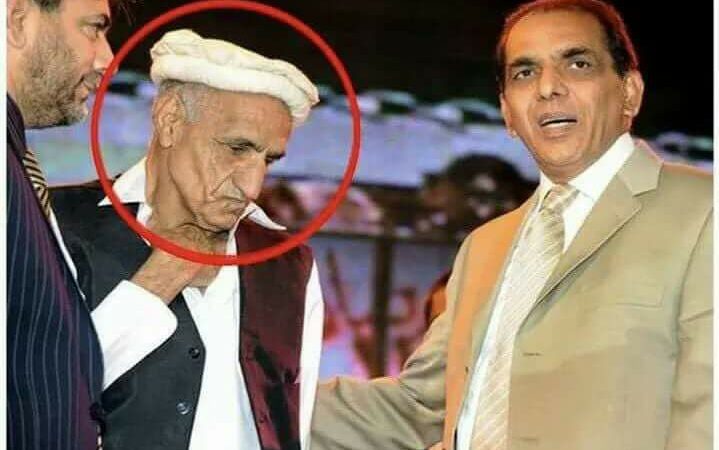Sipahi Maqbool Hussain, who spent 40 years in Indian jails, passes away

RAWALPINDI, (DNA) – Pakistan has lost a brave son of soil, who faced extreme torture in Indian prisons on spying charges before being released after 40 years.
Maqbool Hussain, a resident of Azad Kashmir’s Tral Khal area, was a sepoy for the Pakistan Army who took part in the 1965 War against India. In 1965, the late soldier was taken as a prisoner by the Indian forces, but he was never given the status of a Prisoner of War (PoW), which provides him with certain rights and benefits. He vanished and was declared missing on August 20, 1965.
The Indians thought they could break down Sipahi Maqbool Hussain and take information from him. They tried everything in their power, all sorts of mental and physical torture, but they could never break Maqbool Hussain’s resilience. The torture grew to such an extent that they cut off Sipahi Maqbool’s tongue, taking away his power to speak forever.
After spending 40 years in Indian jails, Sipahi Maqbool Hussain was released in 2005, at the Wagha border prisoner exchange. Maqbool was given as civilian prisoner status, not the status of a Prisoner of War. The man spent 40 years in Indian jails, subject to inhumane torture and negate but he never said a word against his country, Pakistan. It is said that Maqbool Hussain, whenever he bled, wrote “Pakistan Zindabad!” on the walls with his blood.
When Sipahi Maqbool Hussain was released, he had already lost his senses due to the brutal torture he had faced at the hands of the Indians for 40 years. When he was questioned about his identity, he kept replying by writing: “No. 335139”, which was his Army bearing number.
Related News

Dar, Saudi foreign minister discuss regional situation in phone call
ISLAMABAD, DEC 30: /DNA/ – Deputy Prime Minister and Foreign Minister, Senator Mohammad Ishaq DarRead More

Pak conflict with India, Afghanistan may escalate into clashes
American think tank warns rising regional flashpoints could threaten global peace next year Centreline ReportRead More


Comments are Closed